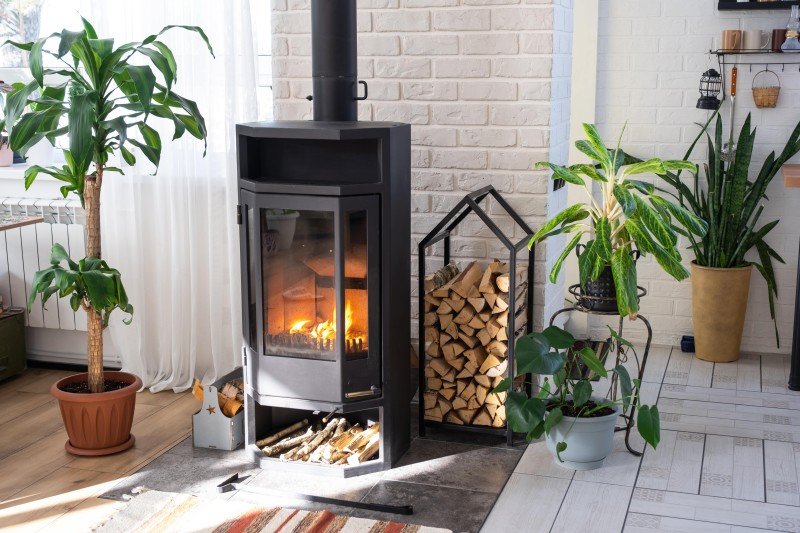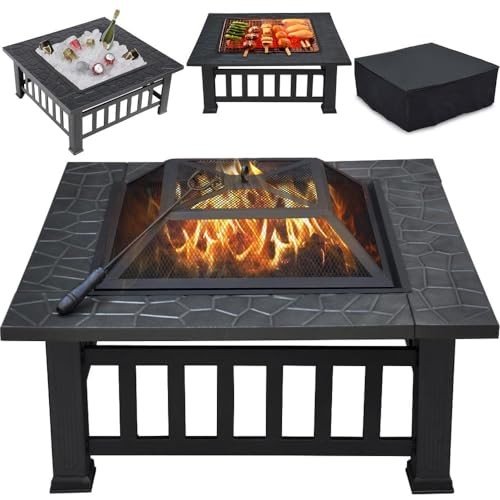
8
julhoFive Killer Quora Answers On Best Fireplace

The Best Fireplaces: A Comprehensive Guide for Homeowners
Fireplaces have long been a beloved function in homes, providing both warmth and a welcoming atmosphere. They can be found in various styles, sizes, and fuel types, allowing homeowners to select one that fits their personal aesthetic and heating requirements. This short article explores the very best fireplaces, highlighting key functions and factors to consider to help you make an informed decision.
Types of Fireplaces
Understanding the various kinds of fireplaces is important in selecting the best option for your home. Below are the most typically utilized fireplaces:
Wood-Burning Fireplaces
- Benefits: Traditional appeal, natural atmosphere, and effective heating.
- Downsides: Requires regular upkeep, ash disposal, and undergoes regional regulations regarding emissions.
Gas Fireplaces
- Advantages: Convenient, clean-burning, and easy to operate.
- Downsides: Requires a gas line, can be more costly to set up initially.
Electric Fireplaces
- Advantages: Easy installation, low upkeep, and the safest option for homes with children or animals.
- Downsides: Lack the genuine feel of wood or gas flames, might not warm large spaces successfully.
Pellet Stoves
- Benefits: Eco-friendly, efficient, and provide a stable heat output.
- Drawbacks: Requires electrical power to run, and pellet supply can be limited in some areas.
Ethanol Fireplaces
- Benefits: No chimney needed, portable, and ecologically friendly.
- Downsides: Generally less efficient for heating.
A Comparison of Fireplace Types
| Type | Setup Cost | Running Cost | Heat Output | Maintenance | Ecological Impact |
|---|---|---|---|---|---|
| Wood-Burning | ₤ ₤ | ₤ | High | High | Moderate |
| Gas | ₤ ₤ ₤ | ₤ ₤ | Medium-High | Low | Moderate |
| Electric | ₤ | ₤ ₤ | Low | Extremely Low | Low |
| Pellet | ₤ ₤ | ₤ | Medium | Medium | Low |
| Ethanol | ₤ ₤ | ₤ ₤ ₤ | Low | Extremely Low | Extremely Low |
Top Considerations When Choosing a Fireplace
When you're in the market for a new fireplace, keep the following consider mind to guarantee you pick the best one for your home:
Purpose and Functionality: What do you desire your fireplace to do? Is it for heating or aesthetics? This will direct your option considerably.
Area Availability: Measure the area where you desire to set up the fireplace. Ensure the chosen type fits without frustrating the area.
Fuel Source: Assess the schedule and expense of numerous fuel sources in your area to avoid unforeseen expenses.
Installation Complexity: Some fireplaces may need substantial modifications to your existing home structure.
Building Codes and Regulations: Be conscious of regional laws regarding ventilation, safety, and emissions, as these can influence your fireplace choice.
Visual Appeal: The design and style of a fireplace can function as a centerpiece or complement the existing design, so select one that improves your home's total aesthetic.
Advantages of a Fireplace
Including a fireplace to your home affords numerous benefits:
Enhanced Aesthetic Appeal: A fireplace can elevate the design of any room, creating a cozy and welcoming environment.
Increased Home Value: A well-installed fireplace can include significant value to your home, making it appealing to potential purchasers.
Energy Efficiency: Modern fireplaces, especially gas and pellet ranges, can offer efficient heating while reducing energy expenses.
Emergency Heat Source: In cases of power interruptions, a wood or gas fireplace can serve as a reliable heat source.
Social Gathering Space: Fireplaces frequently become the focal point for events, promoting warmth and comfort during family or friends' get-togethers.
Frequently Asked Questions (FAQs)
Q: How much does it cost to install a fireplace?A: Installation costs can differ substantially based on the type of fireplace, structural requirements, and labor expenses. Basic electric fireplaces may cost around ₤ 300, while custom-made wood or gas fireplaces can run from ₤ 3,000 to upwards of ₤ 10,000. Q: Are electric fireplaces safe?A: Yes, electric
fireplaces are normally safe.
They do not release carbon monoxide gas and have no open flames. They frequently consist of safety functions like automatic shut-off systems. Q: How typically ought to I have my chimney cleaned?A: If you use a wood-burning fireplace, it's recommended to have your chimney cleaned a minimum of when a year
to avoid creosote accumulation, which can cause chimney fires. Q: Can I install a gas fireplace myself?A: It's not advisable to set up a gas fireplace without expert assistance due to the intricacies related to gas
lines, ventilation, and safety regulations. Q: What are the very best kinds of fuel for wood-burning fireplaces?A: The best fuel options include well-seasoned woods like oak, maple, or hickory, as they burn hotter and cleaner compared to softwoods. Picking the very best fireplace (https://git.omnidev.org/fireplace4606) for your home
involves considering lots of factors, from visual appeals to work and security. Each kind of fireplace has its distinct advantages and possible downsides.
Comprehending these aspects, along with your individual heating needs and budget plan restraints, will guide you in making a notified choice. Eventually, a fireplace can offer not only warmth however also a rich ambiance, changing your home into an inviting sanctuary.


Reviews